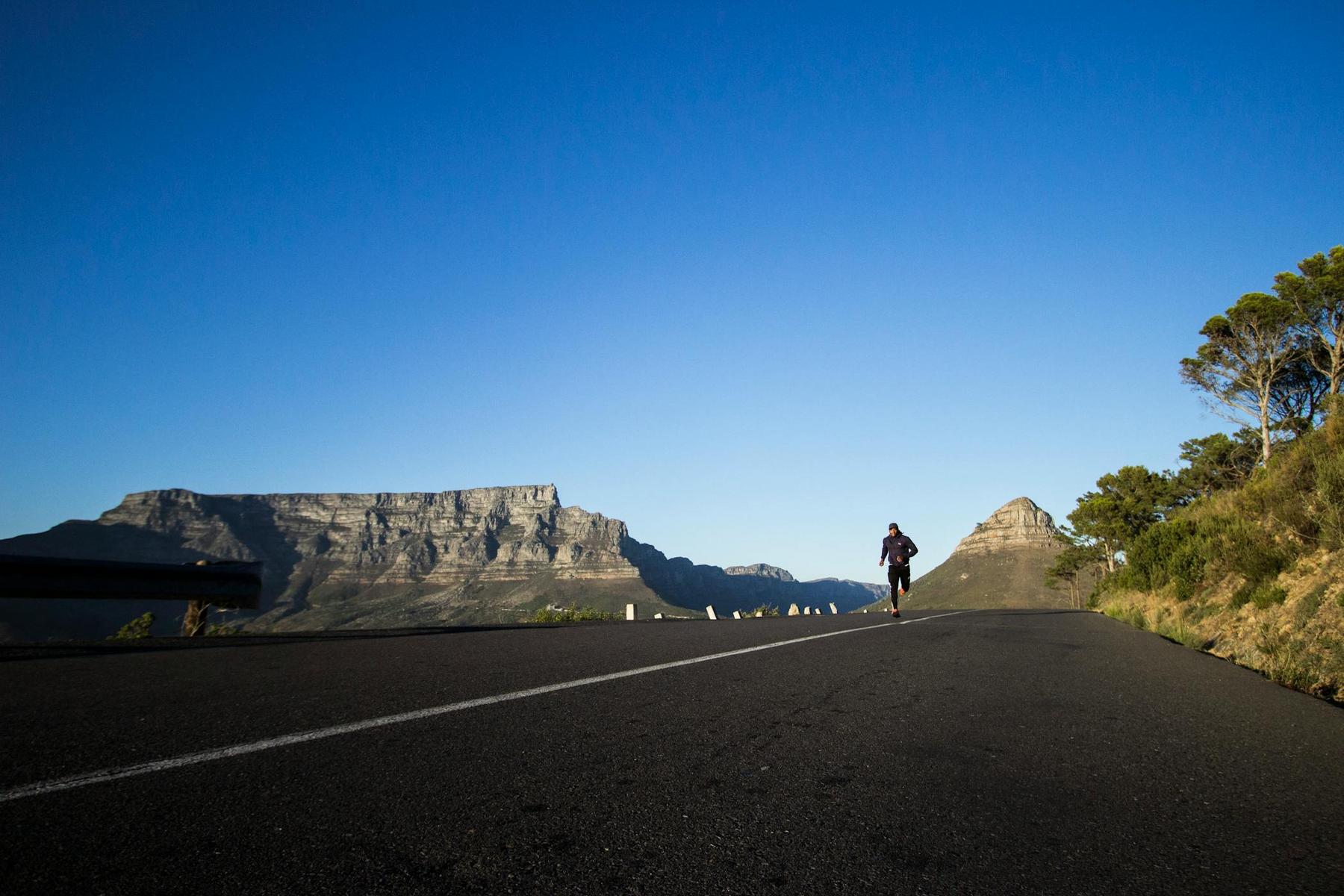Maintaining weight loss achievements whilst travelling presents unique challenges for even the most disciplined individuals. From disrupted routines and limited food options to the temptation of holiday indulgences, the road can quickly derail months of hard work. Research shows that weight management during travel isn’t merely about willpower—it requires strategic planning and informed choices to navigate unfamiliar environments successfully.
For Australians who have invested significant effort into their weight loss journey, implementing practical strategies can make the difference between maintaining progress and facing setbacks. Whether you’re embarking on a business trip to Sydney, exploring the Outback, or venturing overseas, this comprehensive guide provides evidence-based approaches to stay on track without sacrificing the enjoyment of your travel experiences.
How Can You Plan Meals Effectively Whilst Travelling?
Meal planning remains one of the most powerful tools for maintaining weight loss whilst away from home. Without preparation, travellers often default to convenience options that rarely align with weight management goals.
Research accommodations with kitchen facilities: Self-contained apartments or hotels with kitchenettes provide valuable control over meal preparation. Even a small refrigerator allows you to store healthier breakfast options and snacks.
Stock smart supplies upon arrival: Within the first day of arrival, locate a local supermarket to purchase essentials:
- High-protein options (Greek yoghurt, pre-cooked chicken, tinned tuna)
- Fresh produce that doesn’t require refrigeration (apples, oranges, carrots)
- Portion-controlled snacks (individual nut packets, wholegrain crackers)
- Portable breakfast items (overnight oats ingredients, wholegrain bread)
Pack strategic snacks for transit days: Airport terminals and service stations typically offer limited nutritious options at premium prices. Prepare by packing:
- Unsalted nuts and seeds
- Protein bars (with at least 10g protein and less than 10g sugar)
- Dried fruit in portioned containers
- Wholegrain crackers with individual cheese portions
Utilise meal delivery services: In metropolitan Australian areas, consider healthy meal delivery services that can deliver prepared meals directly to your accommodation, eliminating the guesswork from nutritional content.
What Restaurant Strategies Support Weight Loss Maintenance?
Restaurant dining presents particular challenges for weight management, but several evidence-based approaches can help navigate these environments successfully.
Research menu options beforehand: Most restaurants now publish their menus online, allowing you to identify healthier options before arrival. This proactive approach reduces the likelihood of impulsive ordering decisions.
Implement the plate method: When selecting meals, aim to fill your plate with:
- 50% non-starchy vegetables or salad
- 25% lean protein (grilled fish, skinless poultry, lean beef, tofu)
- 25% complex carbohydrates or starchy vegetables
Master menu modification techniques: Australian restaurants generally accommodate reasonable requests. Consider these modifications:
- Request dressings and sauces on the side
- Ask for grilled rather than fried protein options
- Substitute chips with additional vegetables or salad
- Request half portions or entrée sizes as main meals
- Enquire about preparation methods (steamed vs. butter-sautéed)
Employ mindful ordering strategies: Combat common restaurant pitfalls with these approaches:
- Order first in your group to avoid being influenced by others’ choices
- Request water immediately and consume a full glass before the meal
- Share entrées or desserts rather than ordering individual portions
- Box half your meal immediately if portions are excessive
How Can You Maintain Physical Activity During Travel?
Regular movement remains essential for weight management, yet travel often disrupts established exercise routines. Strategic activity planning can help overcome these barriers.
Select accommodations with fitness amenities: When booking, prioritise hotels with:
- On-site fitness centres
- Swimming pools
- Proximity to parks or walking paths
Pack portable fitness equipment: Lightweight options include:
- Resistance bands
- Skipping rope
- Collapsible water bottle (doubles as a weight when filled)
- Fitness apps with bodyweight workout programs
Incorporate movement into sightseeing: Transform tourist activities into exercise opportunities:
- Opt for walking tours rather than bus tours
- Rent bicycles instead of using taxis for short distances
- Choose hiking paths in natural attractions
- Take stairs rather than lifts at museums and attractions
Schedule deliberate activity blocks: Designate 20-30 minute periods specifically for exercise, preferably in the morning before the day’s activities diminish motivation.
How Does Hydration and Sleep Affect Weight Management While Travelling?
The physiological impact of dehydration and sleep disruption extends beyond general wellbeing—these factors significantly influence weight management success during travel.
Prioritise hydration strategies:
- Carry a reusable water bottle and set reminders to drink regularly
- Monitor urine colour as an indicator of hydration status (pale yellow indicates adequate hydration)
- Consider electrolyte supplements during travel in hot Australian climates
- Limit alcohol consumption, which contributes to both dehydration and excess calorie intake
Implement sleep optimisation techniques:
- Maintain consistent sleep and wake times where possible
- Pack sleep aids like eye masks and earplugs
- Limit screen exposure one hour before bedtime
- Avoid heavy meals within three hours of sleep
- Consider melatonin supplements for significant time zone changes (consult healthcare provider first)
How Can You Navigate Local Cuisine Without Compromising Progress?
Experiencing local cuisine represents a significant aspect of travel enjoyment, yet indiscriminate eating can impact weight management goals. A balanced approach allows for cultural food experiences without derailing progress.
Apply the 80/20 principle: Allocate 80% of meals to nutritionally supportive choices while reserving 20% for mindful indulgences. This approach prevents feelings of deprivation while maintaining overall dietary quality.
Research regional healthy specialties: Many Australian regions offer local specialties that align with weight management goals:
- Queensland: Fresh tropical fruits and seafood
- Melbourne: Mediterranean-influenced cuisine with vegetable-forward dishes
- Adelaide: Fresh produce from surrounding agricultural regions
- Tasmania: Fresh seafood and farm-to-table options
Practice portion awareness with local delicacies: Sample local specialties without consuming full-sized portions:
- Order entrée sizes when available
- Share dishes amongst travel companions
- Consume half portions and save the remainder
Focus on protein-centric options: Across Australian cuisine, prioritise:
- Grilled seafood
- Lean kangaroo
- Barbecued chicken (remove skin)
- Plant-based protein options
Australian-Specific Travel Considerations for Weight Management
| Challenge | Impact on Weight Management | Evidence-Based Solution |
|---|---|---|
| High UV exposure | Dehydration risk increases appetite | Apply SPF 50+ sunscreen, wear lightweight clothing, increase water intake by 25% on high UV days |
| Long-distance travel between destinations | Extended sedentary periods | Schedule movement breaks every 2 hours, perform seated stretches, book accommodations with fitness facilities |
| Limited fresh options in remote areas | Reduced access to nutrient-dense foods | Utilise major supermarkets (Coles/Woolworths) in regional centres for portable produce, investigate farmers markets for local options |
| All-inclusive resort packages | Abundant food availability increases consumption | Pre-plate meals with the 50-25-25 method, limit buffet visits to once daily, focus on protein-first eating |
Maintaining Momentum: Strategies for Long-Term Success
Successful weight maintenance during travel depends not only on individual strategies but on creating a comprehensive system that works within the constraints of your journey. Consider these integrative approaches:
Document your strategies: Maintain a digital or physical record of successful approaches from previous trips. This creates a personalised playbook for future travel.
Establish accountability mechanisms: Consider check-ins with a support person or healthcare provider, particularly for extended travel periods.
Practice flexible consistency: Rather than aiming for perfection, identify the non-negotiable habits that most impact your success (e.g., protein at every meal, daily walking, adequate hydration) and prioritise these consistently.
Utilise technology support: Weight management apps, step counters, and meal planning tools provide structure during the inherent unpredictability of travel.
Consider professional guidance: For those requiring additional support, telehealth services provide access to healthcare professionals regardless of location, offering personalised strategies for your specific travel circumstances.
By implementing these evidence-based approaches, you can enjoy the enriching experiences travel offers while maintaining your weight management achievements. The key lies not in rigid restriction but in informed adaptation to changing environments.
How can I manage weight loss maintenance during long flights?
Long-haul flights present multiple challenges including dehydration, disrupted sleep, and limited food options. Prepare by booking an aisle seat for easier movement, pre-ordering special meals if available, packing protein-rich snacks, and setting hydration reminders. Perform seated exercises hourly, including ankle circles, seated marches, and gentle stretches. Post-flight, prioritise a protein-rich meal and light activity to counteract the flight’s sedentary nature.
What strategies work best for maintaining weight loss during road trips across Australia?
Australian road trips often involve long distances between towns with limited food options. Prepare a cooler with pre-portioned meals and snacks, schedule regular movement breaks at scenic lookouts, and research healthier options at major service centres. Many larger regional centres now offer fresh food options alongside traditional fast food. Additionally, utilise accommodations with kitchenettes to prepare simple meals when stopping overnight.
How can I balance enjoying local cuisine while maintaining weight loss?
Cultural food experiences represent an important aspect of travel. Apply the principle of selective indulgence by researching signature dishes before arrival and prioritising those offering the most authentic experience. Balance indulgent meals with lighter options throughout the day, focus on quality over quantity by sampling smaller portions, and incorporate additional activity on days featuring special meals to create caloric flexibility.
What telehealth options support weight maintenance during extended travel in Australia?
Australia’s telehealth infrastructure provides excellent support for travellers focusing on weight management. Services include virtual consultations with healthcare providers, digital prescription management, and structured support programs accessible regardless of location. These services are particularly valuable for individuals on extended trips or those travelling to remote regions where in-person healthcare access may be limited.



